How Philanthropy Feeds Questlove
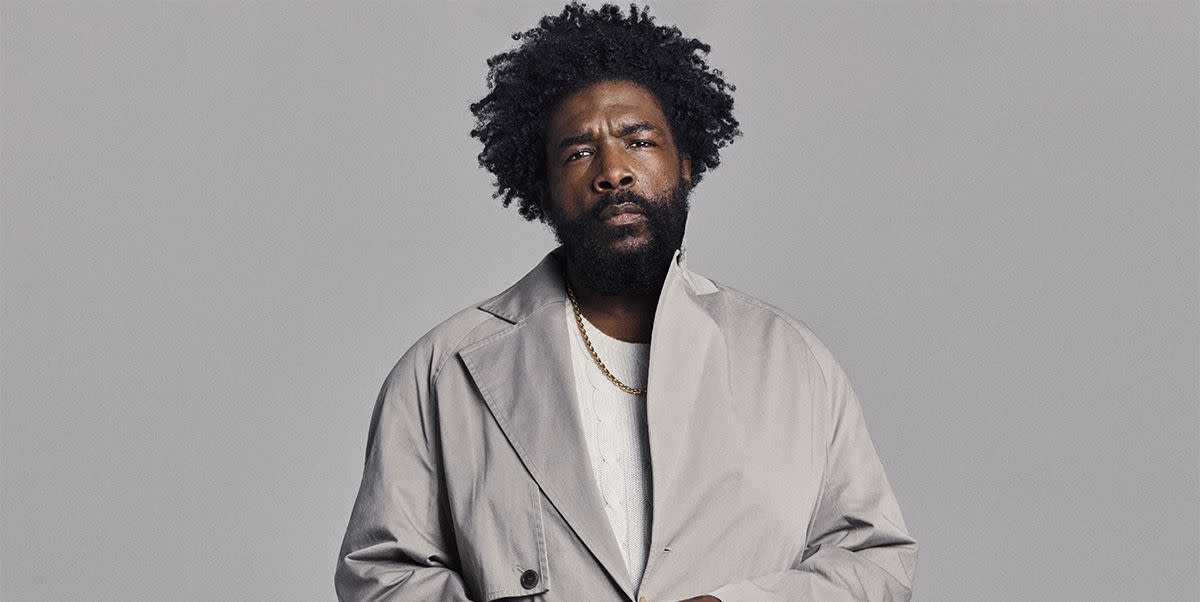
"Hearst Magazines and Yahoo may earn commission or revenue on some items through the links below."
Ahmir Khalib Thompson is determined not to waste a moment of his time. Questlove, as he’s known to the world, is a founding member of the Roots, the house band for The Tonight Show Starring Jimmy Fallon. That would be enough for most people, but not this Renaissance man. He’s a filmmaker whose movie Summer of Soul won an Academy Award for best documentary feature. He’s an author who has written six books. He acts. He teaches at NYU and produces records, including the cast album for Hamilton.
But these days Questlove is focused on food. Anthony Bourdain called him a “fully made member of the chef mafia,” and he once helmed a fried chicken stand in New York’s Chelsea Market, but now he has turned his attention to saving both the people and the planet through plant-based eating. He’s on the board of the Food Education Fund, and he recently spearheaded the Future of Food Entrepreneurship Program, which pairs underrepresented public high school culinary arts seniors with emerging and established food tech companies. “I think I might get more excited,” he says, “about these things than music or filmmaking.”
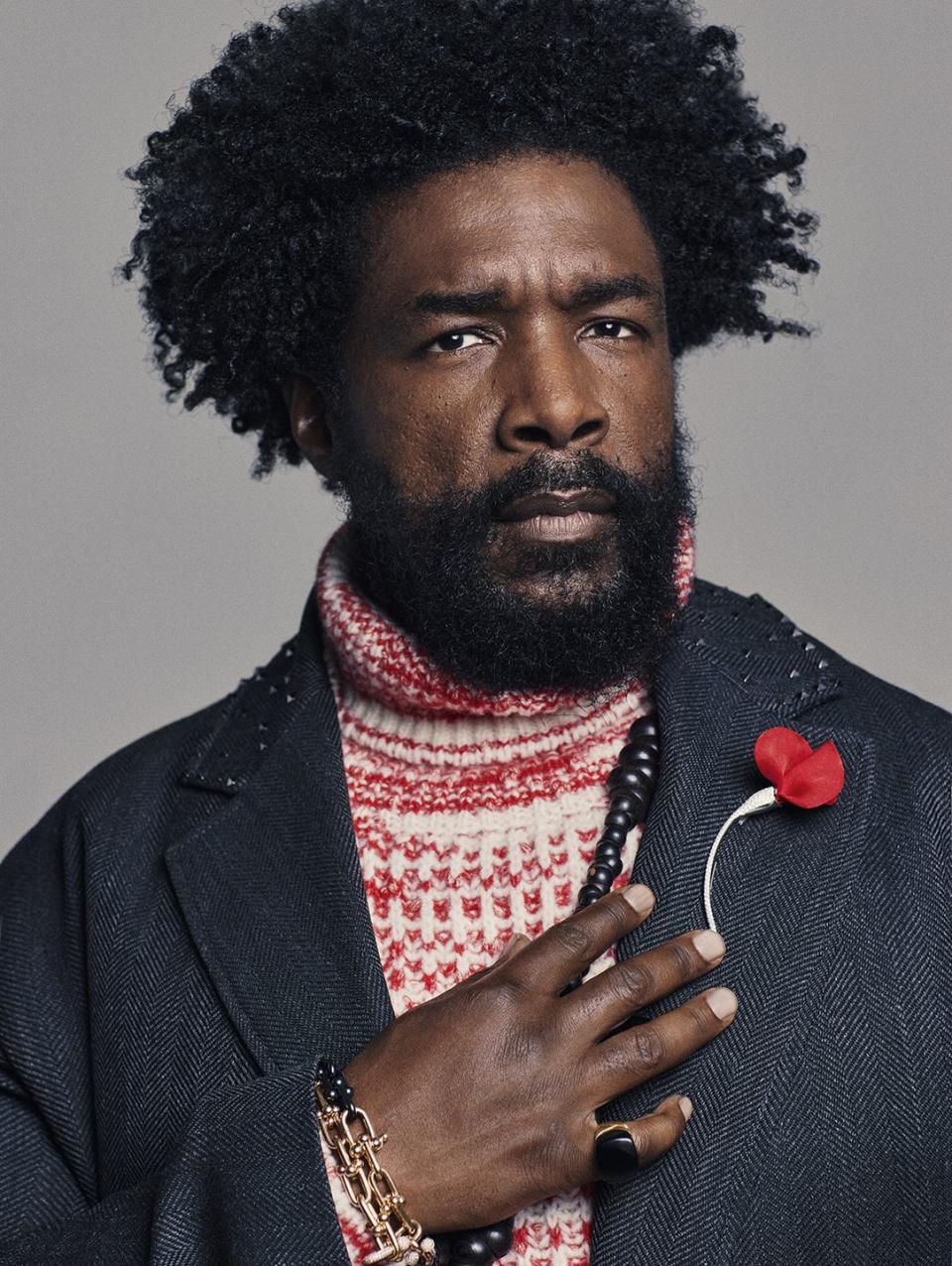
There are very few people who really get the way that food is more than something to eat. How did you become interested in food as a way of changing the world?
It began as something personal. There was a moment in the life of the Roots when we decided to move to the UK. We had to move to an environment that cared about musicians and live music. Once we came back to the States and were making our fourth album, our label was looking at the record contract and asked, “Why do we have a full-time chef, and why is this giant food budget here?” We explained that collaboration was such an important part of our creative process, that the only way to trick other musicians and songwriters to do work on our album was to have good food, because every true artist is starving. So we had hired one of the best chefs in Philadelphia to create food in my living room every Friday night. Of course, everyone comes for the food, but they leave writing songs. That was always in my back pocket, like, “Okay, if you have the best food, then people will come, always.”
Years later, once I was in New York, I noticed that chefs were the new rock stars. Being on The Tonight Show, it blew my mind, like, “Wait, Daniel Humm is coming to do what?” I began to notice similarities between musicians and chefs, so I started throwing these events called Food Salons, in which I would have a mix of maybe 70 people at my apartment. I would have three chefs come and collaborate on a story. One day Danny Meyer was one of the people; we were having a Shake Shack versus Impossible Burger blind tasting, and I kept choosing Impossible Burger. That was my eureka moment: I jumped in with Impossible. Then I started dreaming out loud. “Can someone make a cereal so I can eat cereal again?” Then it became a game. Magic Spoon, JUST Egg, RightRice, Apeel, Ocean Hugger, Perfect Day.
I looked at a list of your investments. It’s amazing.
One by one, they all came. I’m living a life now where I’m just discovering what my true purpose is. I didn’t come out of the gate dreaming that one day I might be part of the solution that could help sustain the earth. That’s why I wanted to make [the plant-based] Questlove’s Cheesesteak, to show people that foods don’t have to be boring, you can be creative, and it can also be a step in the right direction. The bad decision is always the most fun one—the wrong partner or the wrong foods just seem more fun. But I want to grab people who are like me, who want to have fun with their food, and bring them to the other side. I’m really passionate about this stuff, and I want to change the conversation.
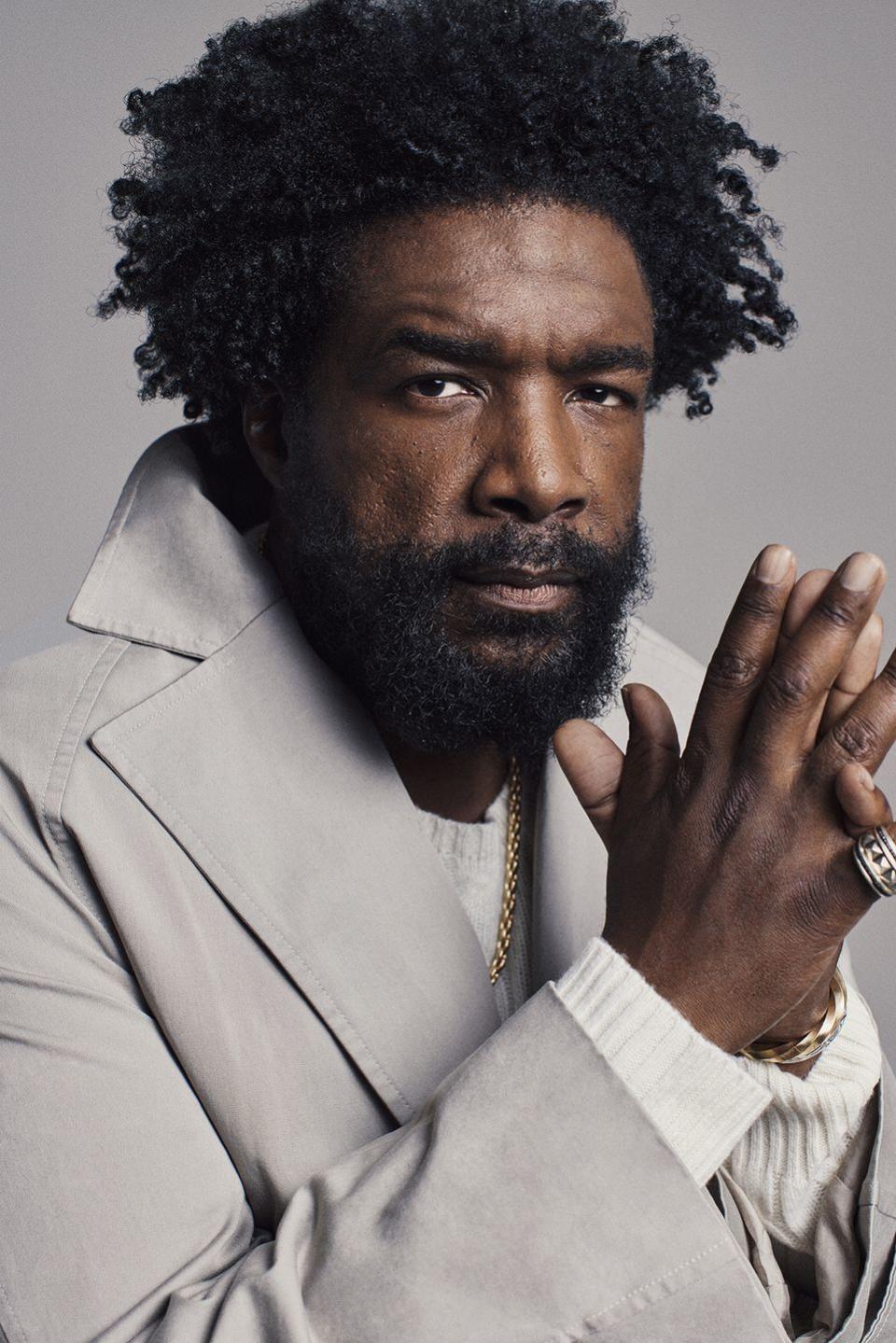
Let’s talk about your latest venture, the Future of Food entrepreneurship program. There’s so much promise in food technology, but what made you launch that program?
I discovered the Food and Finance High School in 2016 or 2017. When I DJ in New York, I do a lot of fundraising, especially for kids in the arts. But when I heard about the Food and Finance High School, I was like, “Wait a minute, there’s a Fame school for culinary?” These kids are out to save the world. They’re going way beyond just how to make croissants, they’re doing hydroponics, and when they brought me to the rooftop, they were explaining to me how they’re raising fish and also doing their own irrigation system. Just a bunch of great cheat codes that could help people who live in the inner city.
I’m from Philadelphia. Yes, I know cheesesteaks and all those things very well, but to get to the Pathmark where my mom would get her fresh produce, we had to go miles from where we lived. So when I went there and saw that these kids were learning much more than just how to make pastries or macaroni necklaces, I started thinking maybe I can figure out a way to get them to work in kitchens, because there are hardly any people of color and hardly any women running these kitchens. But there was also the idea to create a program in which, instead of these students being a prep cook and maybe one day becoming head chef, they get in the mind space of creating the next great product. Me and my partner at Quest Loves Food, Alexis Rosenzweig, and Nan Shipley, one of our [Food Education Fund] board members, wanted to start a four-week summer program in which the students could visit spots in the Bay Area where the tech world is. We started a program that sent them out there to learn how these companies work, and we partnered with UC Berkeley so they could have a home base to contribute to the food tech space.
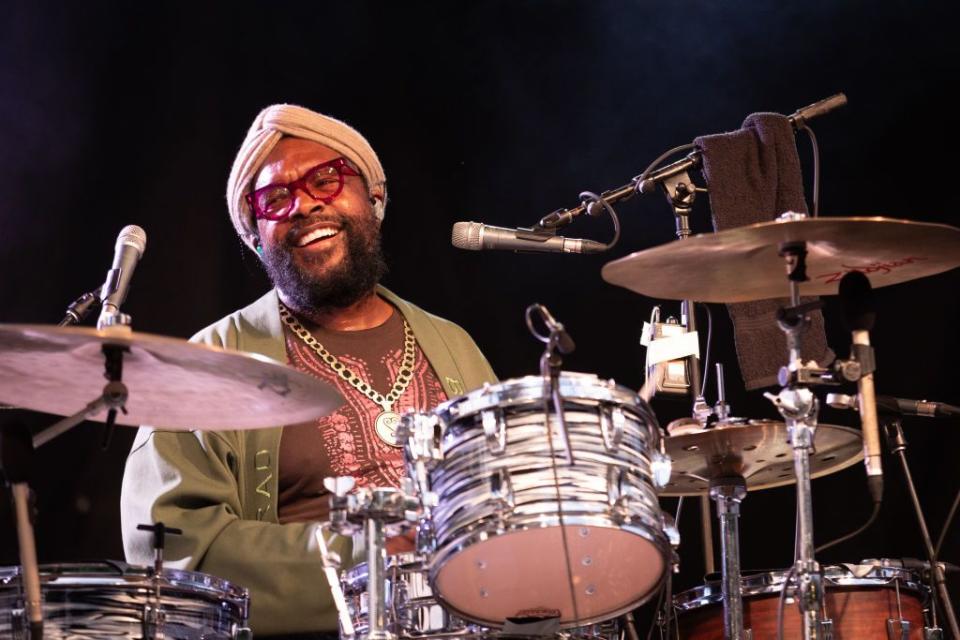
Were you happy with what happened this past summer?
Very much so. What’s really cool about the initiative is that our plan was that they would spend a couple of days at various food companies. But here’s the thing: California is different from New York, and they were gobsmacked by the amount of homelessness that they saw there. So in their final presentations, much to my happiness, they went beyond saying, “Okay, we’re going to invent a new plant-based product for you to sell,” they developed ideas on how to use inner city farming to feed the homeless, which to me just highlights the fact that this touched their hearts and not their pockets.
You sent them out there to learn to be entrepreneurs, but they turned it around?
They taught me something that I hadn’t even thought about. I’m glad that at the age of 17 and 18 they’re already thinking of that. I’m in my fifties, and I’m just getting my feet wet in that department.
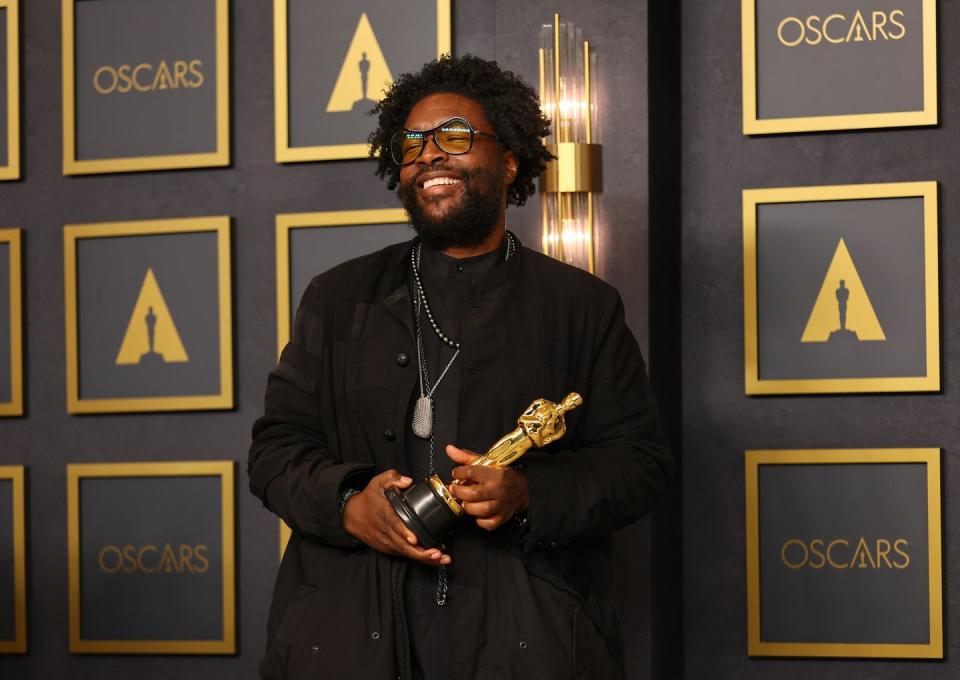
You’re reminding me of Cathrine Sneed, who set up a gardening program in the prisons in San Francisco in the 1980s.
My dream is to figure out how we can make this part of the conversation for hospitals, schools, and especially for prisons. I’ve had a few friends in the prison system, and I would ask them, “Just out of curiosity, what’s your sustenance situation inside there?” It’s the cheapest, most horrible tasting food. One friend of mine actually wrote a cookbook on how to survive in prison when you have diabetic problems. So I had always been dreaming that maybe we could expand our work to include that. I think it’s beyond important that we do this for hospitals, prisons, and schools, because having eaten foods in all three of these institutions at one point in my life, I know that’s not sustainable.
Let’s go back to the kids who changed the conversation. Does that impact the way you’re looking at the program in the future?
With anything that you start to do, there’s always trial and error. Right now we’re at the place where we’re pounding the pavement, going to CEOs and explaining the program. We’re telling our well-to-do friends that we’re raising funds. Hopefully one day this will be the norm. Right now it’s just that people don’t know it exists.
I know the whole joke of Questlove having 15 jobs. It’s a shock to people, especially if they come to my house and see all these food things and James Beard books, to explain to them what I do. I don’t know if it’s food activism, but when I explain the school, people are like, “I wish I had that option.”
Going forward, I’d probably put more of my energy into Food and Finance. I’m all about the arts, but I think that people are now realizing that food isn’t just for sustenance. Food is art, food is science, food is solutions, and food can be changed. I’m here for this new revolution.
What do you eat?
I’m hyperaware of what I consume, because, yes, I follow every food blog and every food recommendation. I have a chef because if I’m left to my own devices I would choose peanut butter cereal every day—and we cannot have any early Questlove obituaries written. That said, I’m in a place now where for almost every plant-based company, I’m their rite of passage. Right now it’s seafood time. I’m working with these new companies that are trying to figure out a more sustainable tuna or seafood for sushi. For me, the criterion is always still that it has to be tasty.
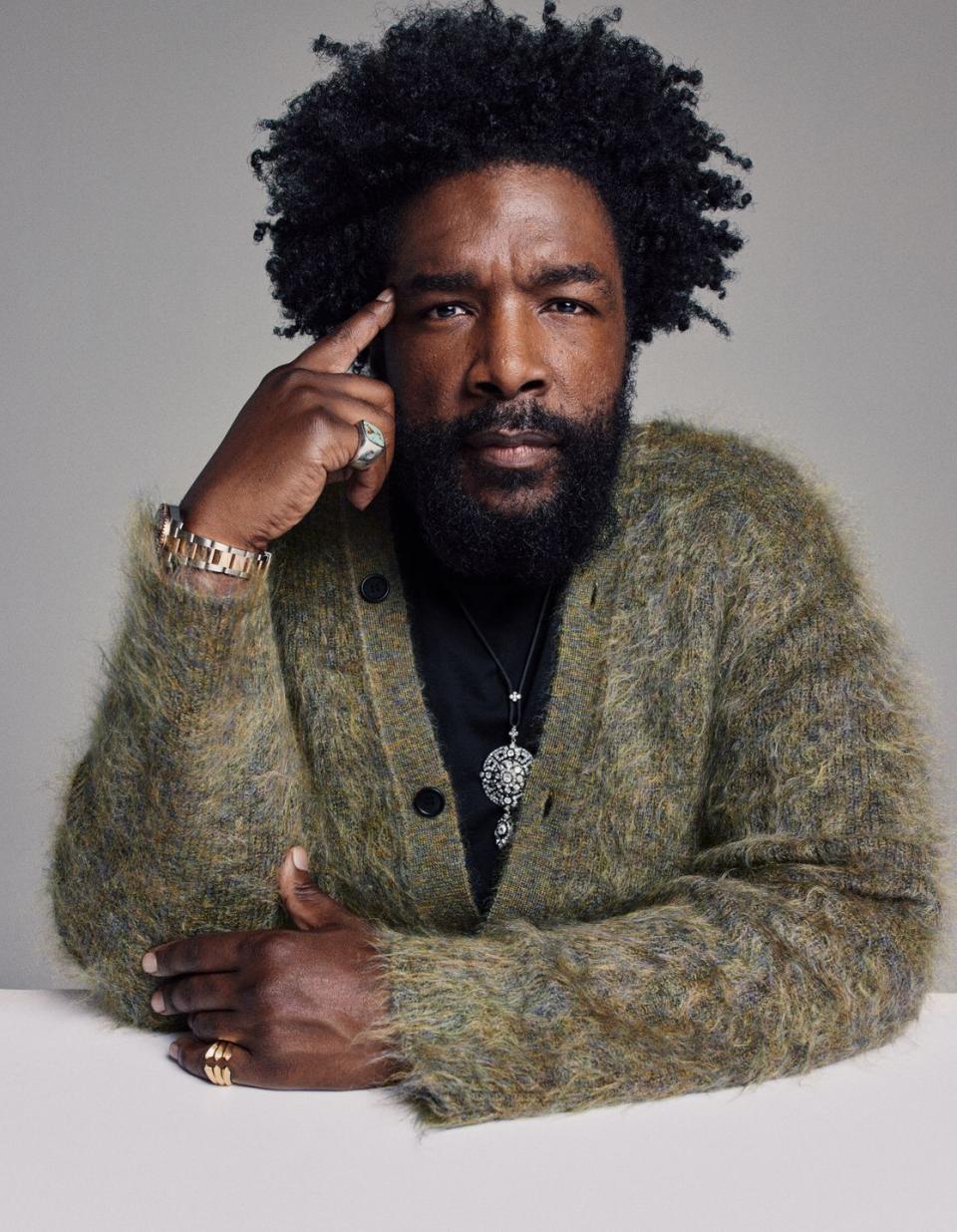
What Ferran Adrià did for cooking was like, “Let’s forget about the fact that we’ve thrown a piece of protein on fire for the last 10,000 years and think about it in a new way,” and we need to get to that place.
You’re spot on. And god willing, if the revolution happens fast enough, I’ll be like, “Hey, I was part of the seed of an idea that is now the norm for us.”
I think the heart of your philanthropy is optimism.
I see creativity in terms of parallels. Knowing what I know about music… In a hundred years we went from gospel to blues, jazz, big band, rock, soul, funk, hip-hop… It goes on and on. So why can’t the food world be just as exciting? Food might be the one language that we all have to speak.
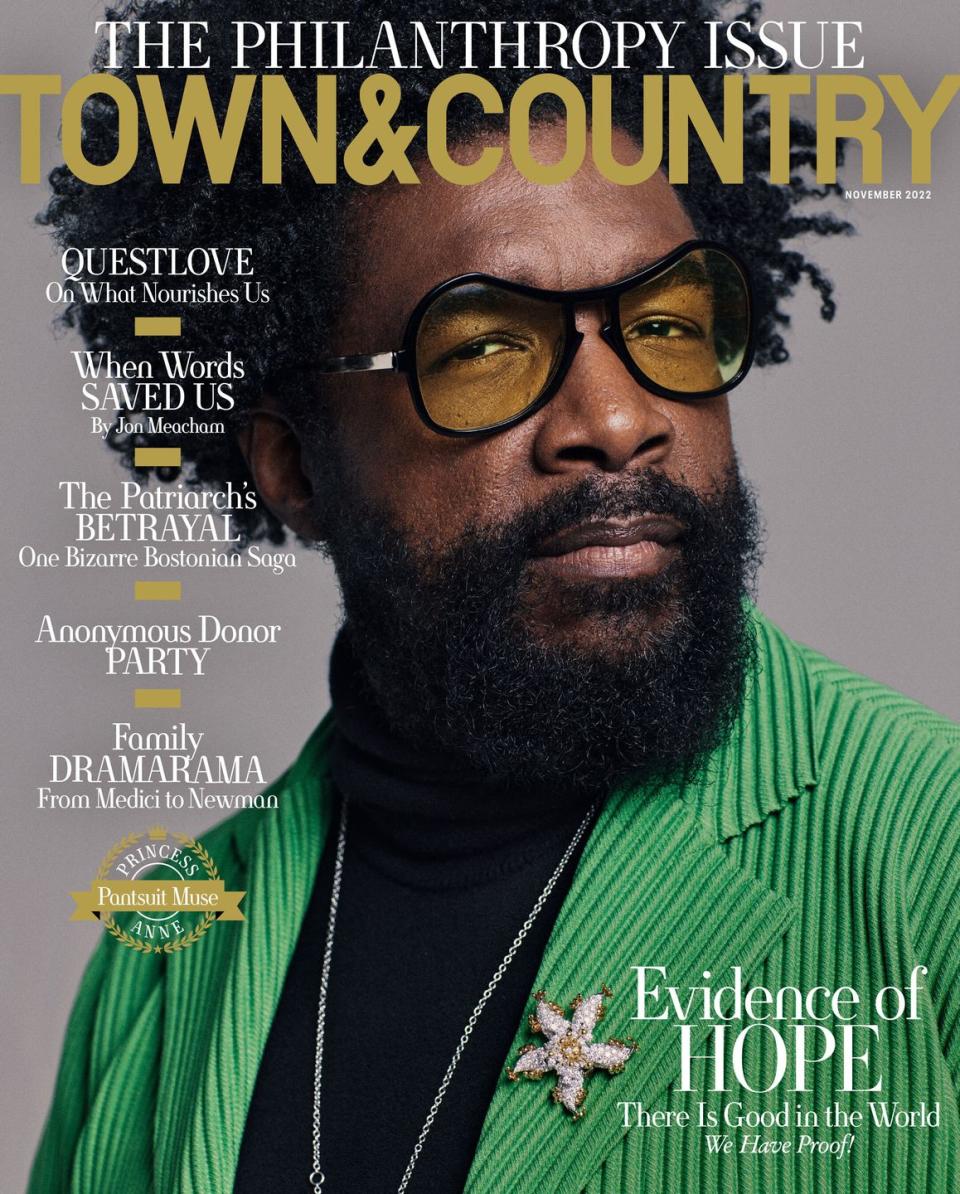
Photographs by Michael Schwartz
Styled by Kah Li Haslam
Hair by Elliot Simpson at Elisa Valentina Agency. Makeup by Rashida Bolden at the Milton Agency.
In the photo at the top of the story: Balenciaga trench coat ($3,350); Polo Ralph Lauren sweater ($398); David Yurman necklace ($11,500) and rings (from $1,250). His own crocs.
This story appears in the November 2022 issue of Town & Country. SUBSCRIBE NOW
You Might Also Like
